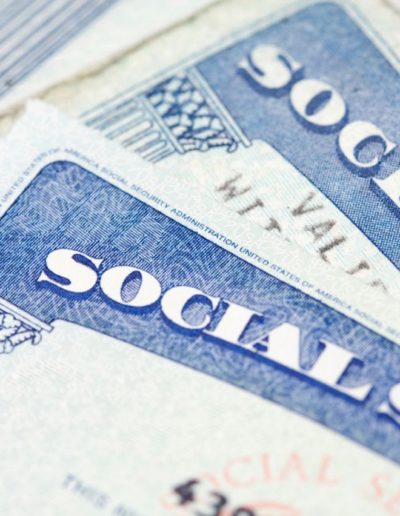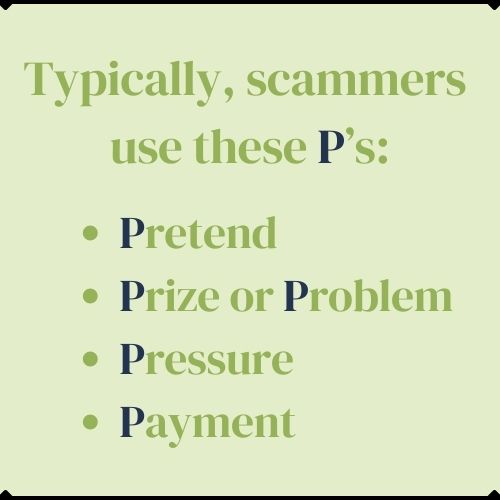Social Security is Changing How They Collect Overpayments
Wednesday, March 20, 2024 | SSA Press Release

Social Security Commissioner Martin O’Malley today announced he is taking four vital steps to immediately address overpayment issues customers and the agency have experienced. Commissioner O’Malley testified before the U.S. Senate Special Committee on Aging and the U.S. Senate Committee on Finance (excerpt):
“For 88 years, the hard-working employees of the Social Security Administration have strived to pay the right amount, to the right person, at the right time. And the agency has done this with a high degree of accuracy over a massive scale of beneficiaries. But despite our best efforts, we sometimes get it wrong and pay beneficiaries more than they are due, creating an overpayment.
When that happens, Congress requires that we make every effort to recover those overpaid benefits. But doing so without regard to the larger purpose of the program can result in grave injustices to individuals, as we see from the stories of people losing their homes or being put in dire financial straits when they suddenly see their benefits cut off to recover a decades-old overpayment, or disability beneficiaries attempting to work and finding their efforts rewarded with large overpayments. Innocent people can be badly hurt. And these injustices shock our shared sense of equity and good conscience as Americans.
We are continually improving how we serve the millions of people who depend on our programs, although we have room for improvement, as media reports last fall revealed. We have also embarked upon a deep dive into the extent of the overpayment problem at Social Security, the root causes of these administrative errors, and the steps we can take as an agency to address these individual injustices.
Our deeper understanding of the complexities of this problem has set us on the following course of action:
- Starting next Monday, March 25, we will be ceasing the heavy-handed practice of intercepting 100 percent of an overpaid beneficiary’s monthly Social Security benefit by default if they fail to respond to our demand for repayment. Moving forward, we will now use a much more reasonable default withholding rate of 10 percent of monthly benefits — similar to the current rate in the Supplemental Security Income (SSI) program.
- We will be reframing our guidance and procedures so that the burden of proof shifts away from the claimant in determining whether there is any evidence that the claimant was at fault in causing the overpayment.
- For the vast majority of beneficiaries who request to work out a repayment plan, we recently changed our policy so that we will approve repayment plans of up to 60 months. To qualify, Social Security beneficiaries would only need to provide a verbal summary of their income, resources, and expenses, and recipients of the means-tested SSI program would not need to provide even this summary. This change extended this easier repayment option by an additional two years (from 36 to 60 months).
- And finally, we will be making it much easier for overpaid beneficiaries to request a waiver of repayment, in the event they believe themselves to have been without any fault and/or without the ability to repay.
Implementing these policy changes — with proper education and training across the people, policies, and systems of the agency — is an important but complex shift. And we are undertaking that shift with urgency, diligence, and speed.
I look forward to working with Members to discuss ideas that could address the root causes of overpayments.”
Social Security launched a comprehensive review in October 2023 of agency overpayment policies and procedures to address payment accuracy systematically. (See Learn about Overpayments and Our Process | SSA and Press Release | Press Office | SSA). These changes are a direct result of the ongoing review. Additionally, the agency recently announced it is working to reduce wage-related improper payments by using its legal authority to establish information exchanges with payroll data providers that will significantly reduce the number of improper payments, once implemented. (See Press Release | Press Office | SSA for more information). The agency will continue examining programmatic policy and making regulatory and sub-regulatory changes to improve the overpayment process. More details on these updates will be shared as they become available.
To watch the testimony and read Commissioner O’Malley Statement for the Record, visit Keeping Our Promise to Older Adults and … | Senate Committee On Aging and Hearing | Hearings | The United States Senate Committee on Finance.





